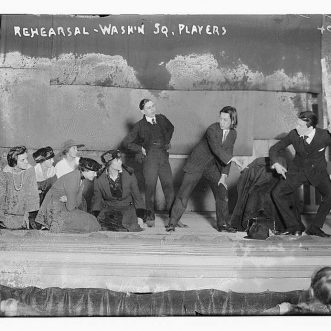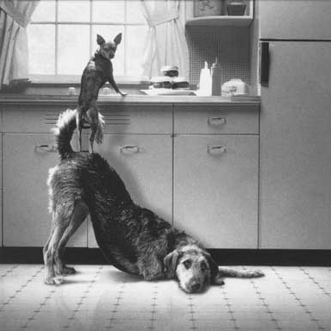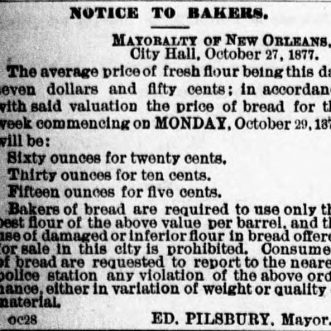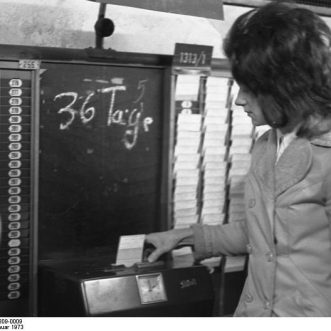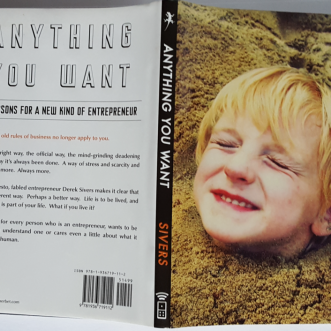
Control Freaks
Control freaks get a bad rap.
In my experience, business owners become control freaks because they care about the experience their customers are getting.
They want every client to feel as if they were dealing with the owner personally, as they did back in the days when the business was the business owner.
Control freaks want to delegate. They just don’t feel they can.
They don’t know that their people can deliver that customer experience just as well as they can, if not better – even if they don’t do it in quite the same way. They’ve never discovered this, because they’ve never tried to articulate exactly what that customer experience should be. They just do it, and they expect their team to be able to just do it too.
If you want your business to run autonomously, without you, and still deliver on your original promise to customers and clients, then you need to build autonomy into your business.
It rarely happens by osmosis.

